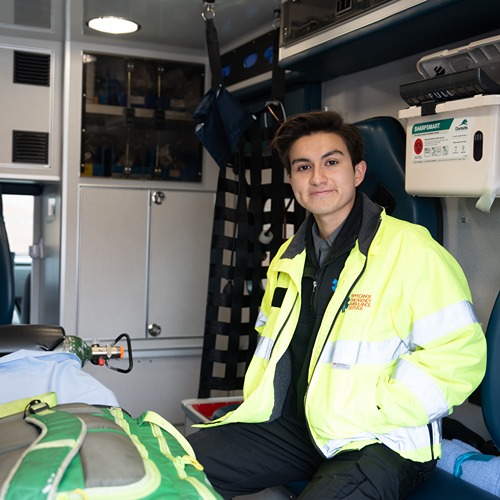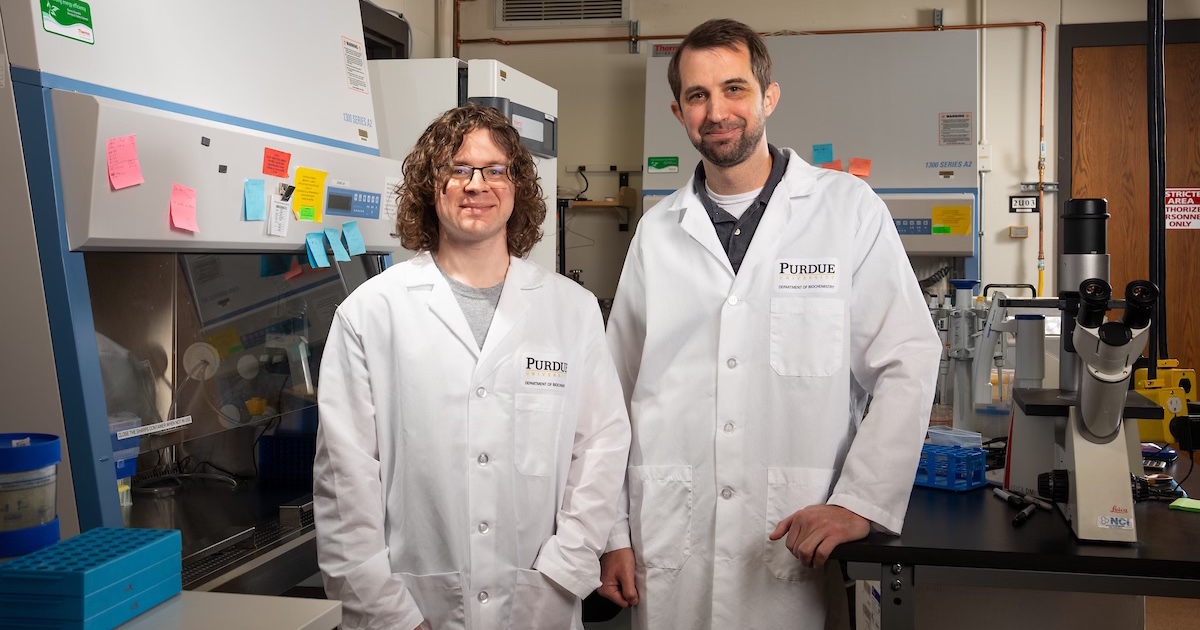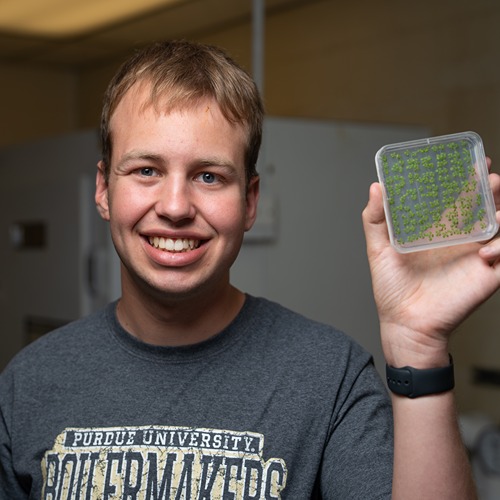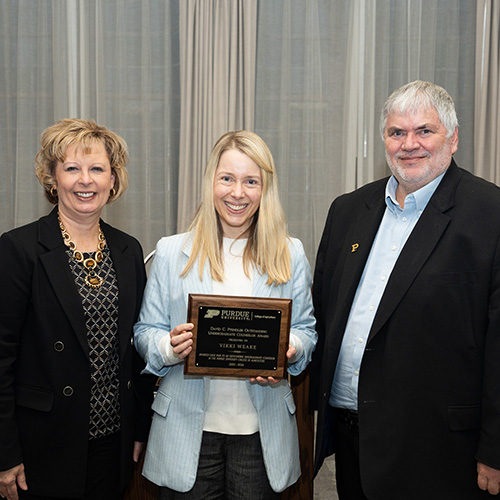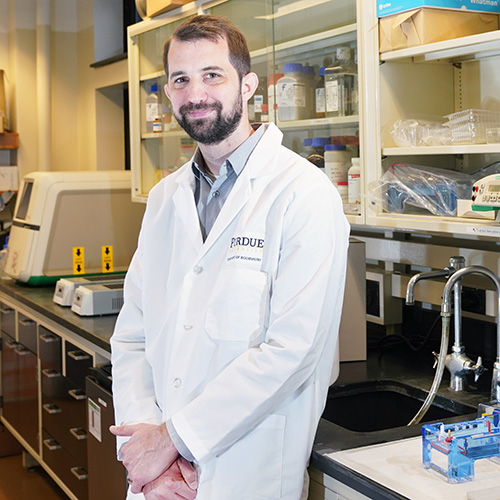The Weake Lab
About Us
The fruit fly (Drosophila melanogaster) provides a powerful model system for studying the mechanisms involved in aging and neurodegenerative disease. The Weake lab use a combination of approaches including transcriptomics, epigenomics, mass spectrometry and imaging to study the mechanisms involved in neuronal aging.
Contact Us
Vikki Weake, Ph.D. (PI)
vweake@purdue.edu
Tel: 765-496-1730
The mechanisms that govern how and when genes are expressed control our development, and also influence how our cells age. Studying these mechanisms can help us understand how aging contributes to ocular diseases such as age-related macular degeneration. Our work is funded by the National Eye Institute of the NIH and by the National Science Foundation. We are actively seeking new graduate students, so please contact us if you are interested in joining our group. The Weake lab accepts graduate students through the Department of Biochemistry and PULSe graduate programs at Purdue.



